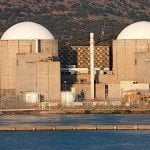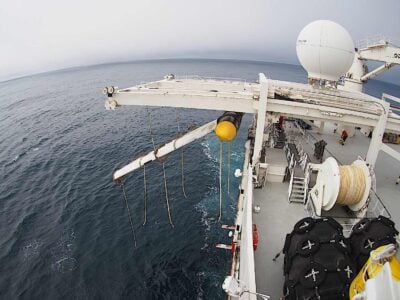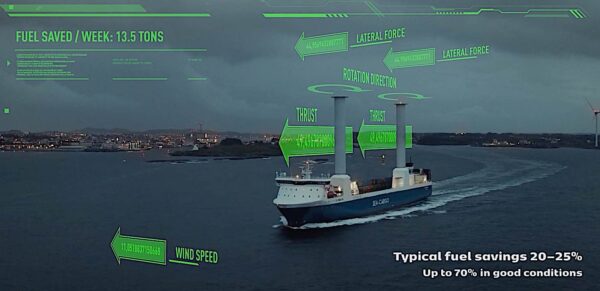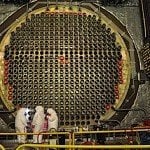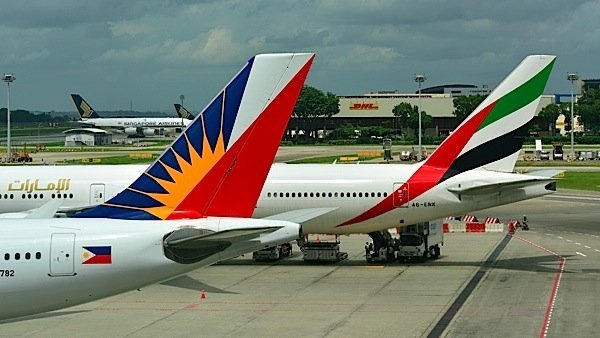
In the high stakes global commercial jetliner industry, the two undisputed principal players, representing the US and Europe, are Boeing and Airbus. Since 1992, government support for the aircraft industry, both direct and indirect, has been regulated by a bilateral EU-US agreement. Nevertheless, the two giants have been hauling each other into court for decades, each accusing the other of receiving illegal and improper subsidies from their respective governments. The World Trade Organization (WTO) has ruled against each of the companies over the years.
According to the Europeans, Boeing receives billions in “support” from various levels of government in the US through tax breaks and R&D support, particularly from NASA and the Department of Defense. The US, meanwhile, argues that Airbus has benefited from preferential loans from the European Investment Bank and has abused the practice of reimbursable launch investment, or launch aid. This is a form of support in which a government provides up to 33 per cent of the funds for development of a specific aircraft, and the company repays the loan, with interest, upon successful launch of the aircraft. Airbus has used launch aid, which it claims is legal under WTO rules, to the tune of billions of dollars since 1992.
Neither the rivalry for market share, nor the accusations of misconduct, have abated. Last summer, Boeing warned Airbus that its request for state aid to develop its latest airliner, the A380neo super-jumbo jet, would violate WTO rules. In reply, Airbus, as usual, accused Boeing of benefiting from billions of dollars in tax breaks. Boeing does not deny the tax breaks, saying merely that they are open to the entire aerospace industry in the State of Washington, where Boeing is headquartered. “Frankly,” said Ray Conner, head of Boeing Commercial Airplanes, at the Paris Air Show in 2015, “if Airbus or Bombardier or any of our competitors want to come to Washington State, they would get the same benefit as well.”
So far, neither Airbus nor Boeing has challenged the Quebec government’s investment in Bombardier’s CSeries program. Premier Philippe Couillard’s government committed $1 billion to Bombardier last October, giving it a 49.5 per cent interest in the CSeries. While there are many who oppose such government “bailouts,”—Mitt Romney, campaigning for US president, famously said he would let Detroit go bankrupt rather than bail out the auto industry—others see them as a necessary part of doing business at the global level. Bombardier is one of very few Canadian companies with a real global footprint, employing about 70,000 people around the world. Most of what it makes—aircraft, buses, trains, streetcars—is exported. And the $1 billion investment by Quebec is miniscule compared to what Boeing and Airbus deal in.
The aerospace industry is too important to Canada, say others, to let it slip away. In Quebec, close to 18,000 people work for Bombardier. Aerospace accounts for 1.5 per cent of the province’s GDP, with 40,000 highly paid jobs depending on it. The economy minister for Quebec, Jacques Daoust, told Reuters that doing nothing when Bombardier was in trouble was not even considered. “The day that Bombardier is in difficulty, the entire aerospace industry is in difficulty.” Now Quebec wants Ottawa to step up and match its $1 billion to Bombardier. Ottawa is considering the request.
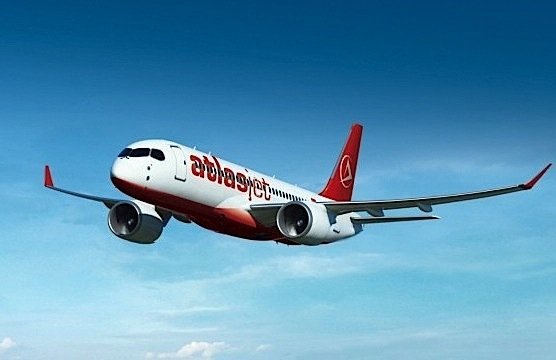
Bombardier’s difficulties appeared much less daunting yesterday as it was finally able to announce its first major firm order for CSeries jets in North America. Air Canada ordered forty-five of the CS300 aircraft, with options for another thirty. Air Canada is the first mainline, international carrier to buy the CSeries. The value of the firm order is approximately $3.8 billion. Bombardier president and CEO Alain Bellemare said that the Air Canada order would be a “catalyst” for future orders of the CSeries in North America and around the world.
On the same day, Bombardier announced that it would cut 7,000 jobs from its global workforce, 2,400 of them in Quebec. However, Premier Couillard was quick to say that his government’s investment in Bombardier was in the now more profitable looking CSeries program, where no jobs will be lost.




